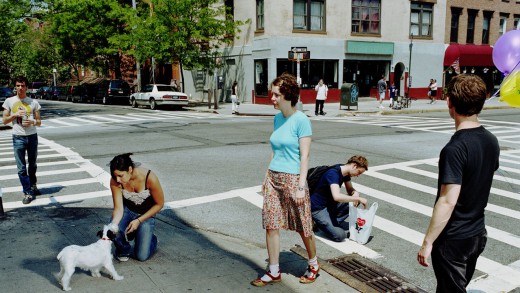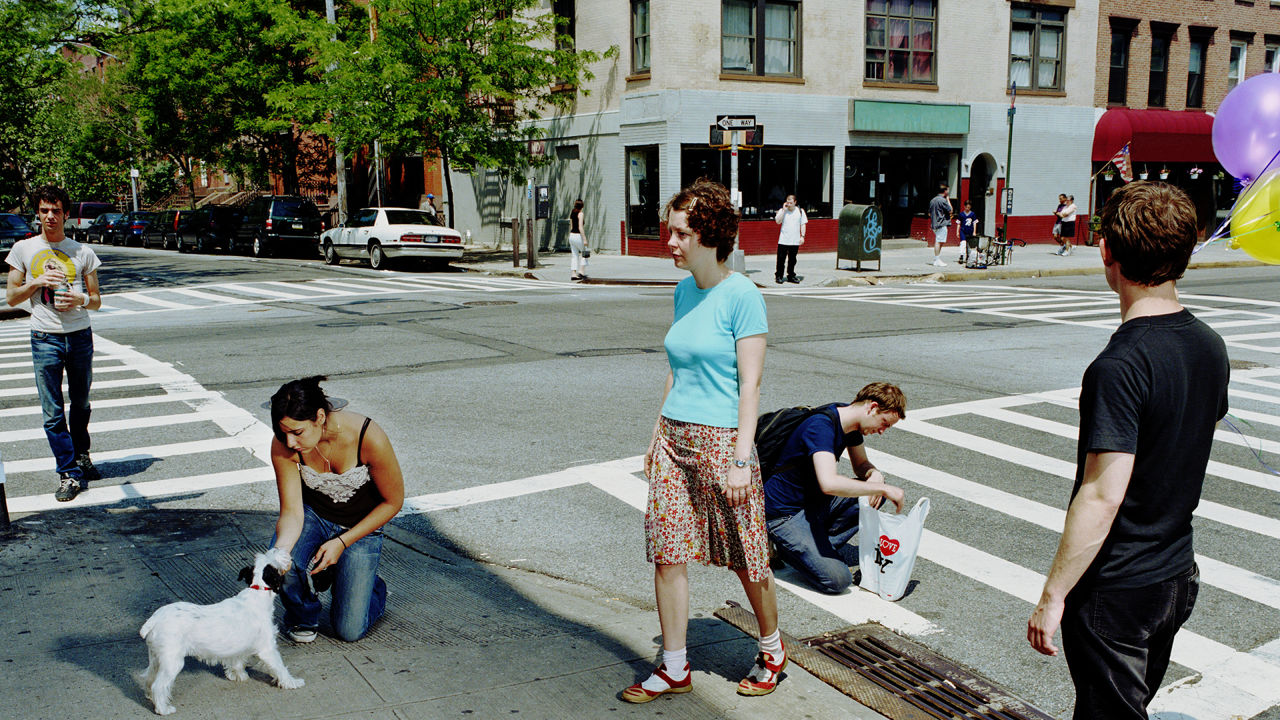Want To Reduce Your Social Anxiety? Just Be Kind
Focusing on other people, and not yourself, helps take the pressure off.
Everyone sometimes feels nervous or uncomfortable in social settings. But some people have more extreme anxiety, a debilitating kind that can harm their relationships, success, and general happiness. About one in 10 people experience what’s clinically defined as social anxiety disorder at some point in their lives.
A new study points to a surprising therapy that can help: small acts of kindness.
Jennifer Trew, a psychologist at Simon Fraser University, says researchers have known for awhile that being kind can increase happiness. She wanted to see whether simple kind deeds, like mowing a neighbor’s lawn, giving to charity, or cooking dinner for a friend, could also help soothe social anxiety.

She and co-author Lynn Alden, a researcher at the University of British Columbia, recruited 115 undergraduate students who tested for higher levels of social anxiety and assigned them to one of three groups. Over four weeks, some were told to commit three “acts of kindness per day”—defined as a deed that benefits someone else, usually at some cost to you—for two days each week. Another group did something called exposure therapy: actively putting themselves into situations that make them nervous. A third group simply kept a log of their day.

The students were later asked about their desire to avoid social situations, and the group focused on doing good deeds reported the greatest improvement. “It’s a medium-sized effect,” says Trew.
She believes that kind deeds could help people with social anxiety, especially initially, as a way to ease the way to more difficult kinds of interactions. “It comes down to a change in focus. You’re normally so focused on you and how you are coming across, and if you are focusing on other people, it’s on how they view or whether they are judging you,” says Trew. “With kind acts, it’s taking you out of your own head a little bit and puts your focus on making good things happen in a social context.”
The study was published recently in the journal Motivation and Emotion.
[Top Photo: Baerbel Schmidt/Getty Images. Illustrations: maxim ibragimov via Shutterstock]
Fast Company , Read Full Story
(102)














